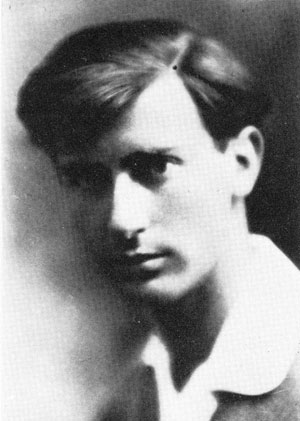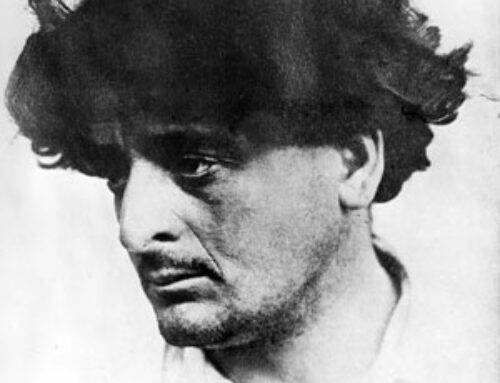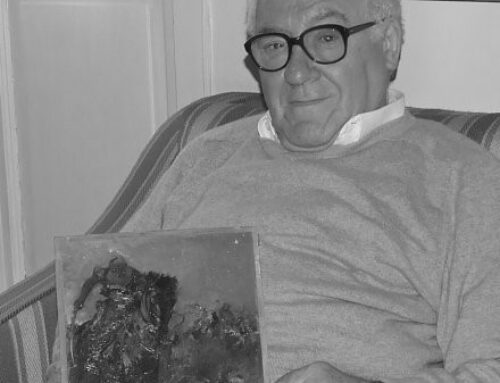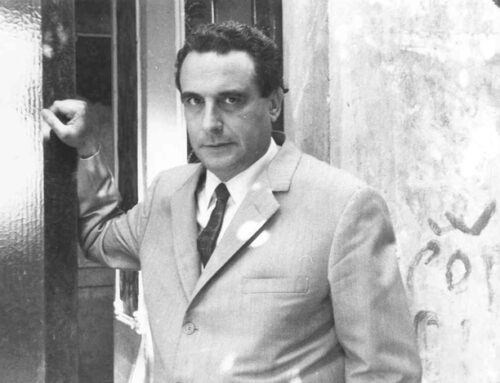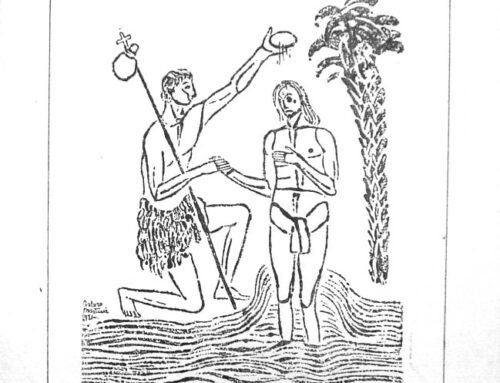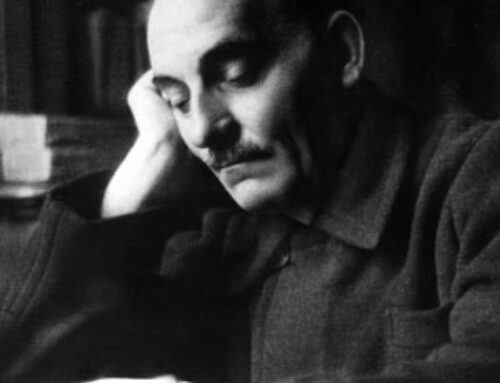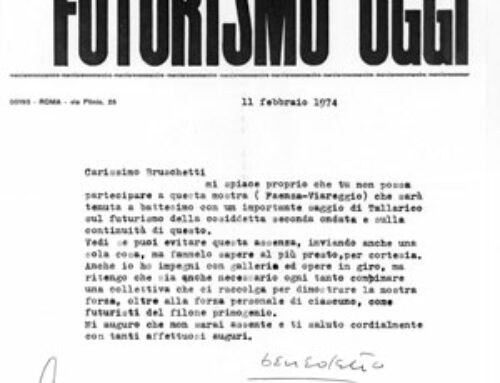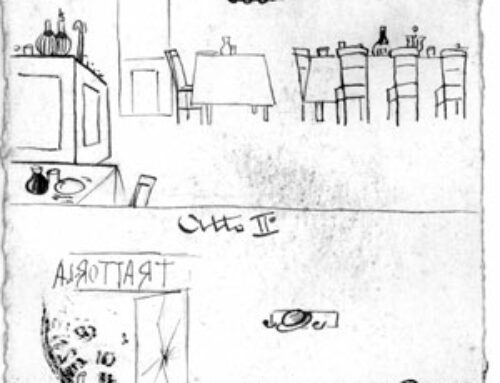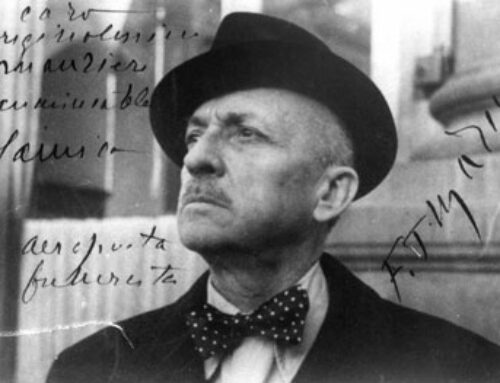(Turin, Italy, 1903 – Santa Fe, New Mexico, 1933), storyteller, poet and playwright, nephew of Cesare Lombroso, composed his first works in the second half of the 1920s, which would result in 1923 in the composition of the prose drama “La chioma di Berenice.” In 1924, thanks to Pirandello and D’Amico, he joined the Teatro dei Dieci, a group of young playwrights committed to the renewal of Italian theater. This is the context for the drama “The Campaigns without Madonna” (1924), which was performed at the Teatro Moderno in Rome and received good reviews. In the same year he published “La palingenesi di Roma” in Milan and began his poetic production that would flow into the posthumously published volume “La catena degli anni. Poems and thoughts between the ages of twenty and twenty-nine” (1929). A contributor to “Solaria” since its inception, he began in late 1926 the “Diary of a Privileged Man under Fascism,” also published posthumously. In 1926 he graduated from Florence in Art History with a thesis on Leonardo Da Vinci that would be published in Paris with a preface by Paul Valéry and then in Turin in 1929. In 1928 he left Italy for London, which would inspire his essay “Le segret da l’Angleterre.” He then moved to Paris in voluntary exile and here composed the essay “Meditations on Italy” and the drama “Angelica.” In 1931 he began working with New York Time Magazine and in 1932 was awarded a fellowship from the Rockefeller Foundation to Yale University. Here he writes essays on America (“Amerique, miroir grossisant de l’Europe”) and composes a series of prose poems, philosophical thoughts, notes and reflections that will co-influence in the collection “Désesespoirs.” He also starts a novel, “Espoirs,” the first picture of a future grand fresco of national life before and after the World War, but, on the eve of his departure for a trip to Japan, he dies in an automobile accident.
The Leo Ferrero Fund consists of two documentary cores, separate and distinct because they came to the Foundation Archives at different times, the first donated in 1983, the second donated in 2005.
The former is divided into the following sections: Correspondence, addressed to Ferrero and in his own hand, which includes many important senders such as Aleramo, Alvaro, D’Amico, Bonsanti, Cecchi, Conti, Gide, Grasset, Prezzolini, Saba, Stuparich, Venturi, Vittorini, Zavattini and, among the recipients, Tilgher and Valery and the playwright Jean Jacques Bernard whose correspondence with letters from both writers is preserved; Manuscripts, which contains various drafts of Ferrero’s plays, essays, and poetic works, numerous pages of notes, reflections, sketches of works that are still unpublished today, the notebooks he drafted from 1921 to 1923, and translations of plays; Press Clippings, divided into articles by and about Leo Ferrero; Miscellaneous, which collects material pertaining to the “Society of Friends of Leo Ferrero” (lectures, invitations, commemorations); Library, which collects some of Ferrero’s titles and Gina Lombroso’s work “L’éclosion d’un vie,” dedicated to her son.
The second nucleus of documents consists mostly of typescripts pertaining to Ferrero’s theatrical and nonfiction production, correspondence addressed to him and family members, articles, translations, notes, scattered autograph and typewritten pages, a diary divided into 12 files dated from the 1920s to 1933, typescripts probably after his death, a collection of press clippings about his work and in commemoration in the aftermath of his death, a series of volumes that supplement the Library present in the first documentary core counting works by Ferrero often in the dual Italian and French editions, some titles of works dedicated to him signed by his mother, and Anne Kornfeld’s volume, “The Figure and Work of Leo Ferrero.” This material, of which there is to date a simple inventory of consistency, needs to be ordered and described analytically so that an overall computerized cataloguing can be carried out that will unify all the documentation on Ferrero owned by the Foundation.

